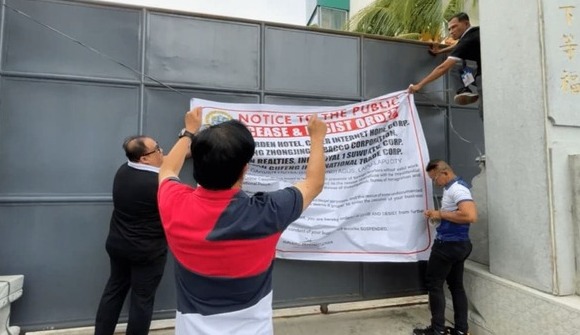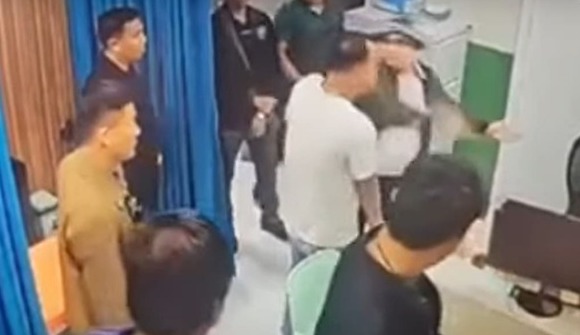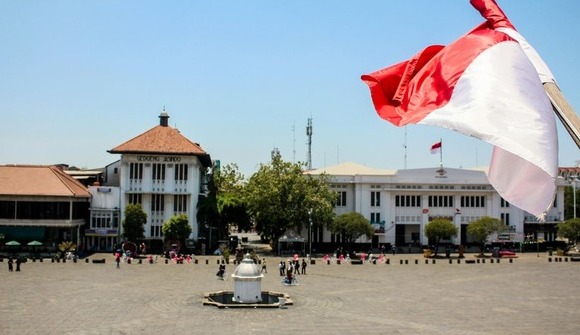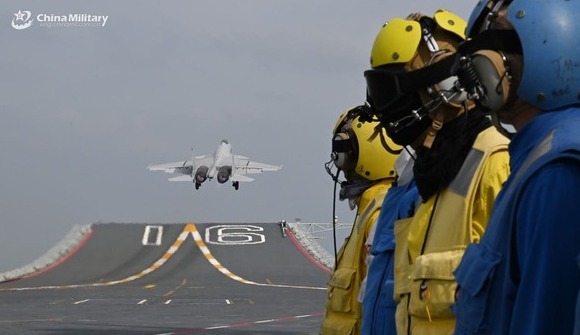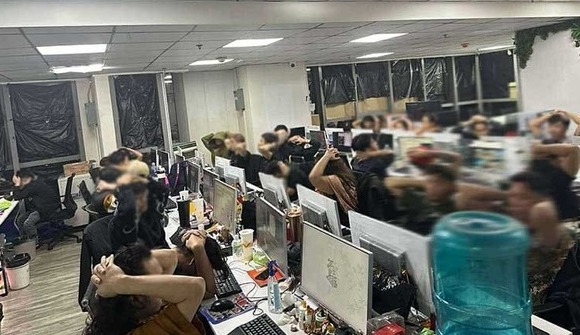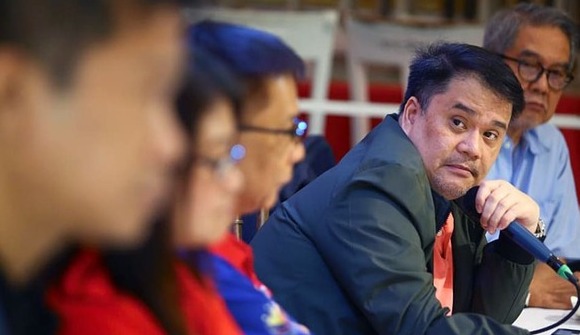
Pandora’s box
Like any other, Macau’s gaming ecosystem also has vulnerabilities, some internal, others external.
The recent ‘Dore case’ in which the Court of Final Appeal’s ruling confirmed the Court of Second Instance’s decision that gaming operators are jointly and severally liable for the repayment of the funds on deposit with gaming promoters uncovered an internal system flaw and opened a Pandora’s box.
We agree with the direction of the Court of Second Instance’s decision. To quote ourselves, casino operators are the “best positioned entities, for reasons of physical proximity, to, firstly, supervise the ‘activities carried out in casinos’ by gaming promoters.” Based on the system that applies to (horseracing) bookies, the current ‘exclusive (civil) imputability system’ for casino operators results from culpa in eligendo, entailing a poor choice related to the gaming promoter whose registry for the exercising of the activity was accepted, or from culpa in vigilando, for the failure to supervise the ‘activities carried out in casinos’ by the gaming promoter.”[i]
The decision is “crucial to the Macanese gaming ecosystem and the way it is structured,” although the extent of the problem cannot be immediately identified, as no numbers exist on the funds on deposit with gaming promoters.
What lessons can be learned from the Court’s decision?
Firstly, the operation of independent cages by gaming promoters should be addressed and rethought by the Macau government, pondering whether all transactions conducted should be solely under the purview and control of the casino operator.
Secondly, the Gaming Inspection and Coordination Bureau (DICJ) should be (by far much more) proactive and imprint more stringency to the enforcement expected from the governmental agency “responsible forthe regulation, supervision, and coordination of gaming operations and gaming activities.” Several ‘gaming promoters heist’ happened and since at least 2014 that DICJ voiced that the reception of funds in deposit in the VIP rooms “is an activity carried out by those who are not specifically authorized to do so, and as such, it is illegal.”




